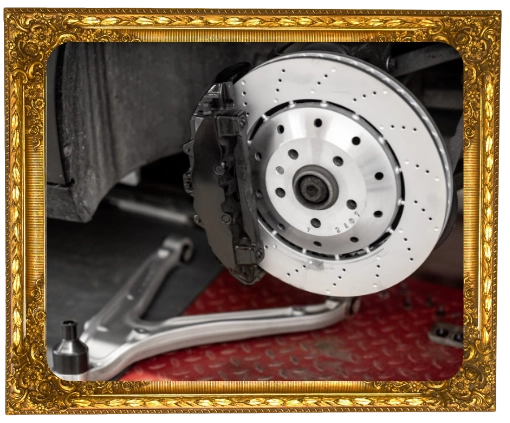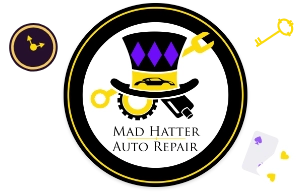Brake Repair
Brake Repair in Council Bluffs, IA
Time to Get Your Brakes Serviced
A Common Service
Did you know that brake repair is one of the most common services performed on vehicles? As a car owner, you know that regular maintenance is key to keeping your vehicle safe and running properly. Whether you drive an older model or a brand-new vehicle, brakes are essential to your car’s safety system. That’s why ensuring that you get a brake inspection regularly is important. If you’re in Council Bluffs, IA, the best place to get your brakes serviced is with us at Mad Hatter Auto Repair. Don’t wait! Contact us today at (712) 322-7500 to schedule your next brake inspection.


